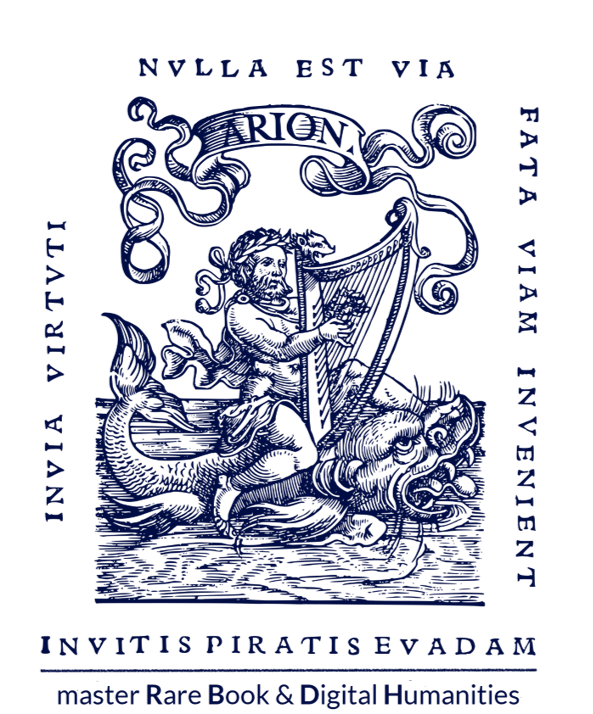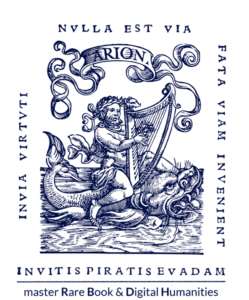The Deutsches Museum Library in Munich was founded in 1903 together with the museum, aiming to become a research center in natural sciences and technology. Today it is the largest museum library in Germany with circa one million volumes and 16.000 Libri Rari, and 2.700 current journals. Specialized in the history of science and technology, it takes part in the Fachinformationsdienst (FID – Specialised Information Service) since 2016, which is building a digital range of information on the entire spectrum of historical studies, in cooperation with the Bavarian State Library. This includes the acquisition and indexing of specialized literature, be it printed or digital, and access to it. In particular, the FID provides licenses for registered users in the form of databases, electronic journals, and e-book offers.
The Deutsches Museum offers free access to scientific research results and supports the idea of open access, in order to make scientific publications accessible without payment barriers. Another objective is to maintain a sustainable digital archiving to ensure the long-term availability of the publications. In this sense, the library launches the Deutsches Museum Digital initiative as well as offering open access publications.
During my internship, I took part in the project of developing the existing publication management workflow at the library of the Deutsches Museum. The aim was to identify articles and book chapters that are available for secondary publication and to provide an overview of the applicable regulations and requirements for each publication. As background information, my preliminary work focused on the implementation of Git, OpenRefine and Unix Shell, as well as studying open access policies, copyright laws, repositories and licenses. Later on, my work focused on the important infrastructure services for open access, such as Sherpa Romeo, CrossRef and Unpaywall. By examining the existing literature on second publication services, workflows and tools for open access, our work aimed to create an automated, step-by-step process of the open access workflow for the library. The required information is mostly acquired via Sherpa Romeo and run by OpenRefine.
My internship was an important experience, in terms of better understanding the utilization of digital tools and methods. I became gained insight into computation and digital instruments, and it motivated me to work on them for the future.

